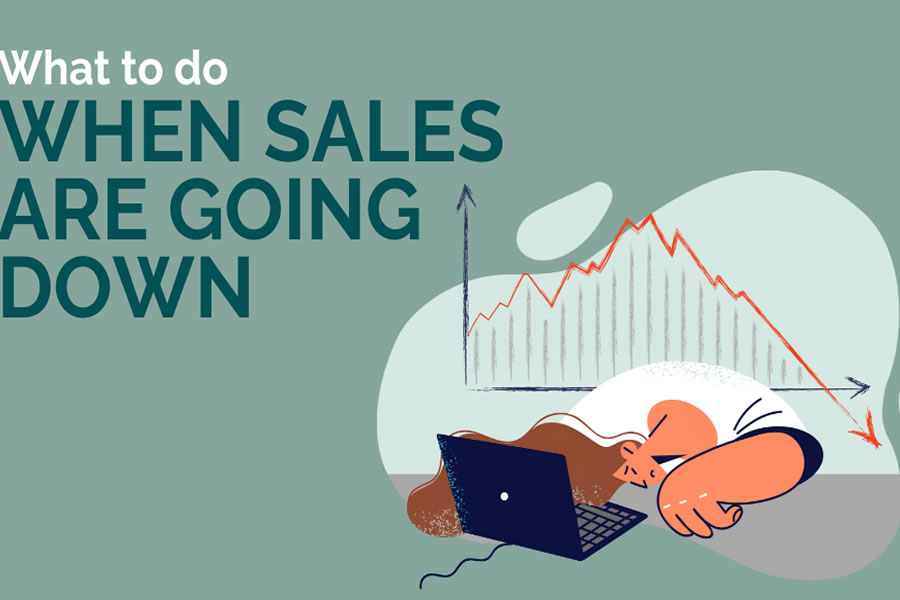How to Handle Low Sales and Still Keep Going
Every entrepreneur hits that season — the slow days when sales drop, customers vanish, and bills don’t.
It’s frustrating, scary, and sometimes, you just want to give up.
But the truth is, low sales are not the end — they’re a signal. A signal to pause, review, and re-strategize.
If you handle it right, a slow sales period can actually push your business to grow stronger.
Here’s how to handle low sales and keep your business alive — and thriving.
1. Don’t Panic — Review the Facts
When sales drop, emotions run high. But panic won’t solve it.
Start by looking at the facts:
- Compare this period with previous months or seasons. Is it a trend or just a slow phase?
- Check your records — what changed recently? Price, product, marketing, customer habits?
- Study your customers’ feedback. Are they satisfied? Has something changed in their spending power?
This review gives you perspective — and prevents you from making desperate, emotional decisions.
2. Tighten, Don’t Freeze
Cutting unnecessary costs is smart, but freezing all spending isn’t.
Focus on keeping your operations lean, not lifeless.
- Delay what’s not urgent (new furniture, rebranding).
- Invest only in what directly supports sales (marketing, product improvement, customer experience).
Remember, low sales don’t mean “stop.” It means “spend smarter.”
3. Double Down on Customer Relationships
When sales are low, your existing customers are your lifeline.
Call them. Message them. Check in — not to sell, but to connect.
Offer loyalty discounts, small thank-you packages, or early access to new products.
People buy more when they feel valued. And word-of-mouth still beats any advert in Nigeria.
4. Get Creative with Marketing
You don’t need a huge budget to sell smartly.
- Use WhatsApp Status, Instagram Reels, and TikTok to show what you sell — real-life use, not just pictures.
- Tell stories. Nigerians connect with human stories, not just products.
- Run small challenges or giveaways to boost engagement.
- Partner with micro-influencers or vendors who serve similar audiences.
The goal is visibility — stay active, stay seen.
5. Review Your Offer
Sometimes, it’s not marketing that’s the problem — it’s the offer.
- Is your price right for your target audience?
- Is your packaging attractive enough?
- Do you need to introduce smaller sizes or bundles?
Adapt. Businesses that survive tough seasons are those that listen and evolve.
6. Keep Learning, Keep Moving
A slow sales season is the perfect time to upgrade your skills.
Take a free online course in marketing, accounting, or customer service.
Study how competitors are adapting.
Growth doesn’t always happen during profits — sometimes, it happens during the struggle.
7. Keep the Vision Alive
Every successful entrepreneur has faced tough times.
The difference between those who quit and those who rise again is consistency.
When you feel like giving up, remind yourself why you started.
Talk to mentors, join small business communities, pray, and stay hopeful.
Because one thing is sure — low sales don’t last forever.
But if you stay consistent, your business will.
In Summary
Handling low sales is not about pretending everything is fine — it’s about staying steady, thinking clearly, and using the dry season to prepare for the harvest.
Tough times don’t break real entrepreneurs — they sharpen them.

